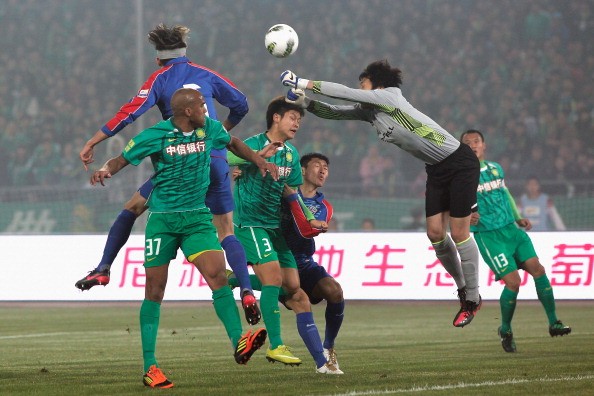The worlds of sports and politics do not usually go together, but that has not been the case with the recent developments in China. President Xi Jinping has vowed to make the Chinese Super League one of the most respected leagues all over the world, making China a global superpower in the beautiful game. The biggest step China has taken so far to achieve this is to spend as much money as possible to get footballing superstars.
When people think of big spenders in football, they would usually think of clubs such as Manchester City, Paris Saint-Germain, or Chelsea. However, even Antonio Conte - the manager of the multi-billionaire-funded Chelsea - has been appalled by the spending habits of clubs in the Chinese Super League.
"The Chinese market is a danger for all. Not only for Chelsea, but all the teams in the world," Conte said in an interview with the Guardian. "But I think we must concentrate on our work, not think that in China there is a lot of money and they can arrive to take the players there," he added. Conte's frustrations are understandable though, after the Chelsea board decided to allow one of football's best young talents, Oscar, move to China for £60 million.
Spending in the Chinese Super League does not stop there though, as they continue to pay ridiculous wages to players who are arguably mediocre or past their prime. Just recently, 32-year old Argentinian forward Carlos Tevez - who said that he would retire at boyhood club Boca Juniors - jumped ship to Shanghai Shenhua for frankly ridiculous £400,000-a-week wages.
It is not just the players that are jumping shore to China, though. Even established managers such as Manuel Pelligrini and Andre Villas-Boas now work for Chinese clubs. Even referees are going to China, with England's top referee Mark Clattenburg mulling over a move to the Chinese Super League, according to the South China Morning Post, though this may cost him a chance at officiating at the 2018 World Cup.
But perhaps big spending is only a short-term option, as China is also looking to develop the next generation of footballing greats. In fact, there have even been Chinese boarding schools developed for this sole purpose, promising to develop around 50 million school-age talents by 2020.
See some of the stars who have made their way to the Chinese Super League in the video below:



























